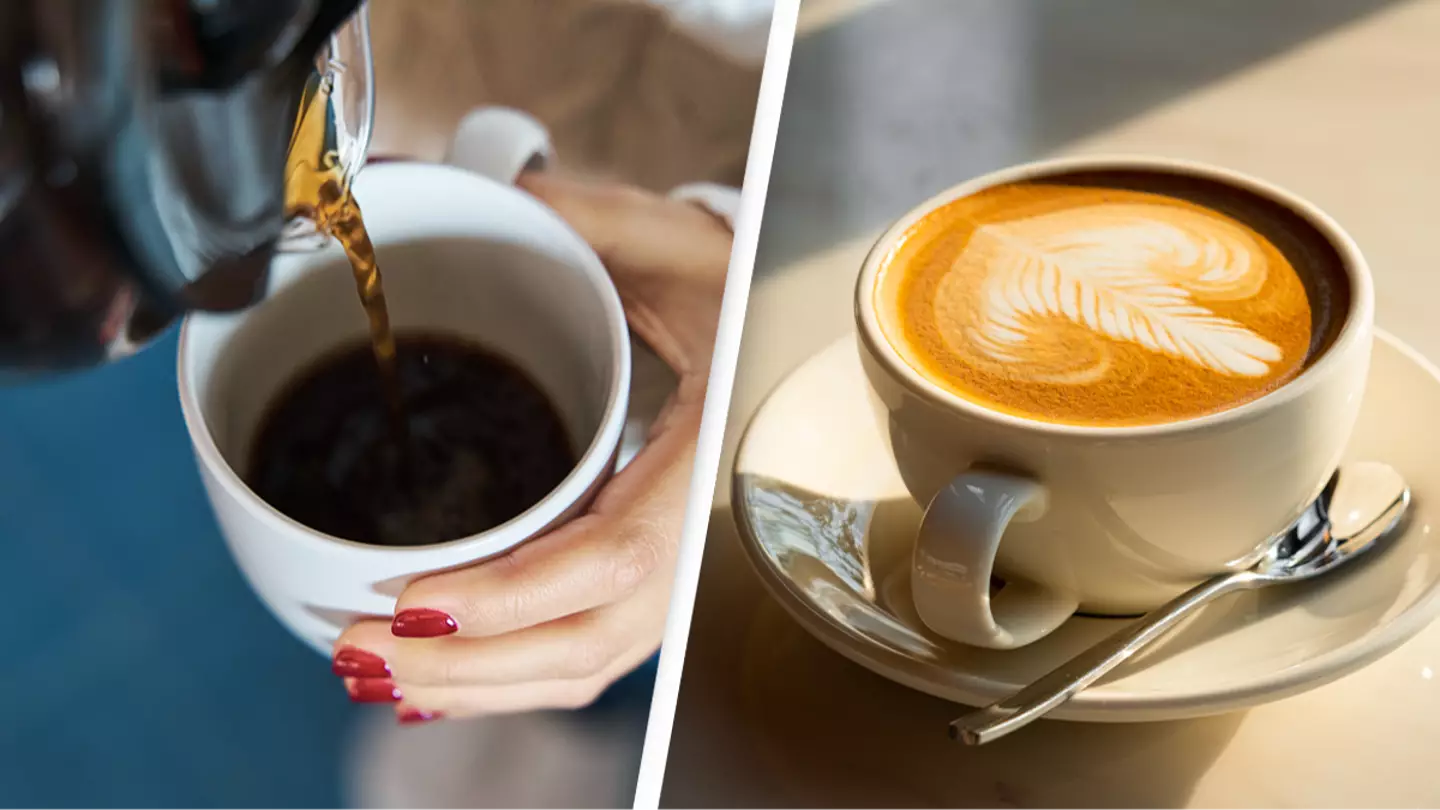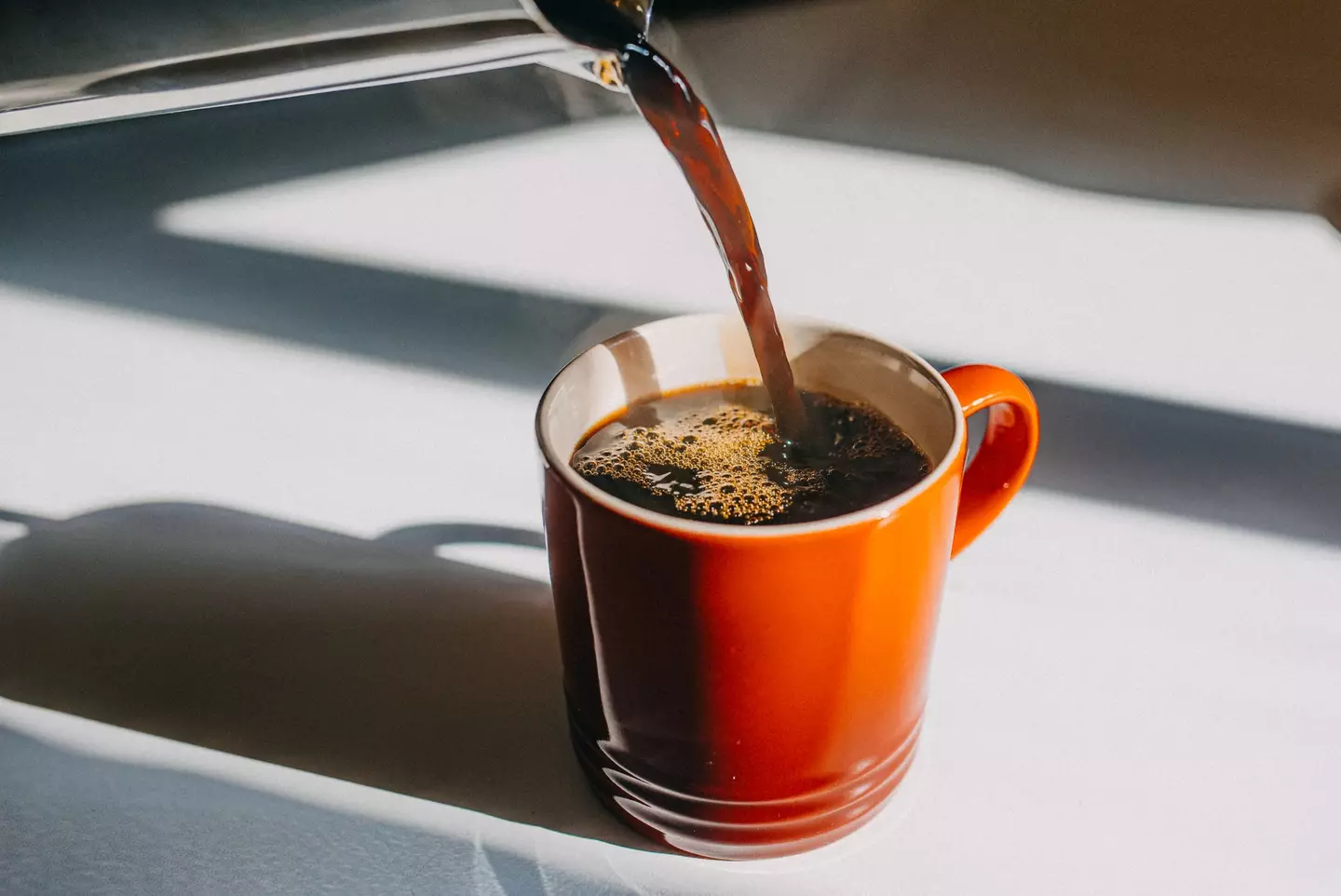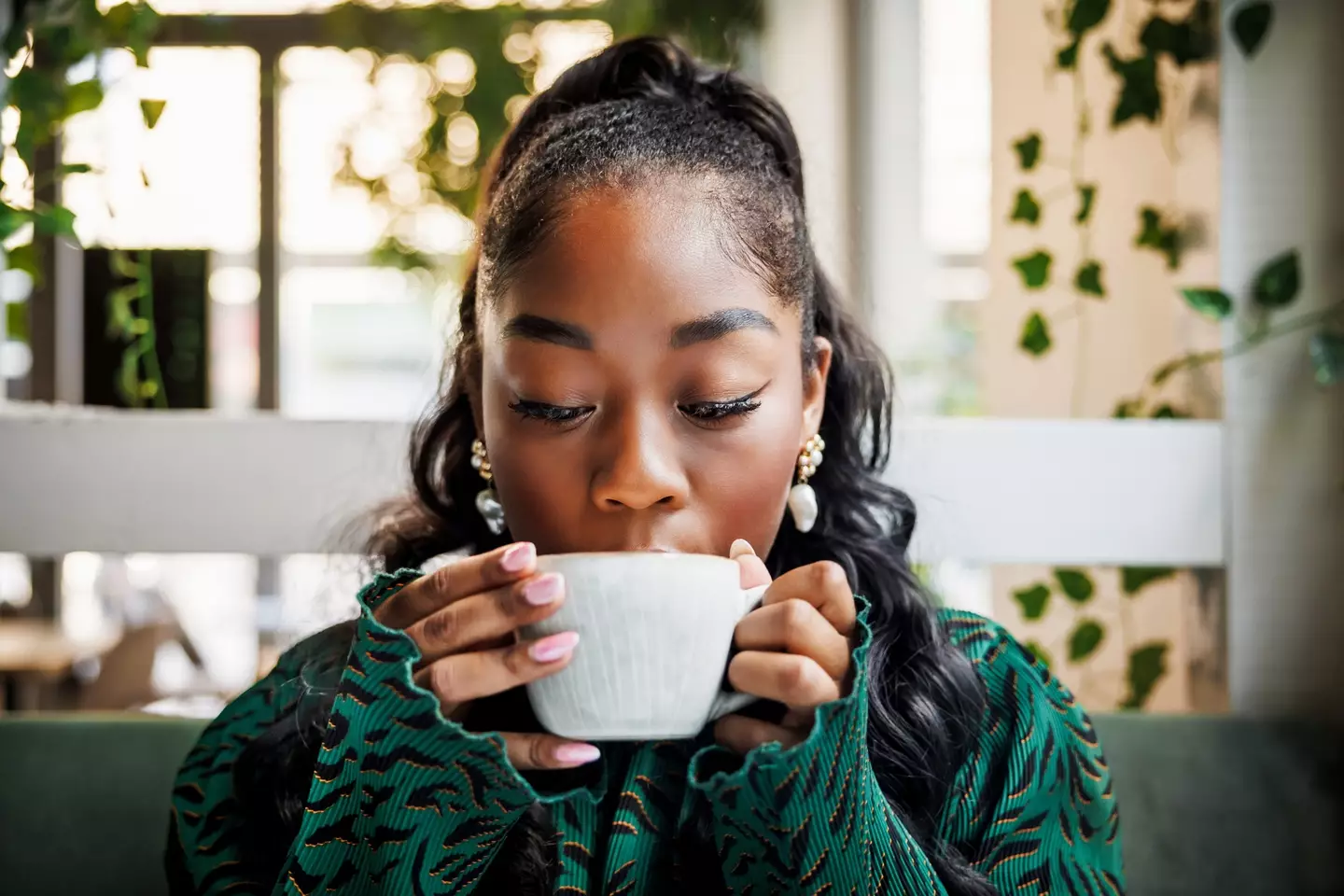
Whether you drink it to help with fatigue or simply because you like the taste, millions of Americans drink coffee on a daily basis.
There a many pros to having caffeine in your diet (aside from keeping you stimulated).
When drank in moderate amounts, caffeine is said to lower a person's risk of cardiometabolic diseases such as type 2 diabetes, coronary heart disease and stroke.
But there's, of course, some cons to drinking coffee, depending on how much you drink of it.
As to what a cup of joe does to our bodies when we consume it, it helps out with something called adenosine.
Advert
Our bodies naturally make adenosine and it's what helps us feel tired at the end of the day.
Kenneth Jacobson, chief of the molecular recognition section at the National Institute of Diabetes and Digestive and Kidney Diseases said of the chemical compound to the BBC: "Adenosine is one of the naturally produced substances in the body to cause a quieting of activity in various organs that are under stress or in need of lowering energy demand."

Cells in the body react to different levels adenosine, and when they react it promotes sleep.
Advert
Cue caffeine. Caffeine's job is to basically beat adenosine at theirs. It gets into the bloodstream quickly and prevents adenosine from connecting to receptors and telling them to wind down, which is why coffee and other products with caffeine make us more alert.
But there can be too much of a good thing and, as you'd expect, too much caffeine can cause sleep disturbance.

According to Damian Bailey, professor of physiology at the University of South Wales in the UK, caffeine levels build up in the bloodstream in around 20 minutes and 'peak' caffeination is around an hour after having caffeine.
Advert
With this in mind, it's not advised to drink coffee before going to bed.
So how much coffee should we be having to reap its benefits without it negatively affecting our sleep, I hear you ask? One study has found the sweet spot was found to be between 200mg and 300mg of caffeine a day, MailOnline reports.
For example, a cup of instant coffee typically has around 100mg of caffeine in it, so two of three cups should do the job.
Be wary of energy drinks though, as some US brands such as Prime Energy have around 160mg of caffeine per 330ml can.
Topics: Food and Drink, Health, News, Sleep, Science